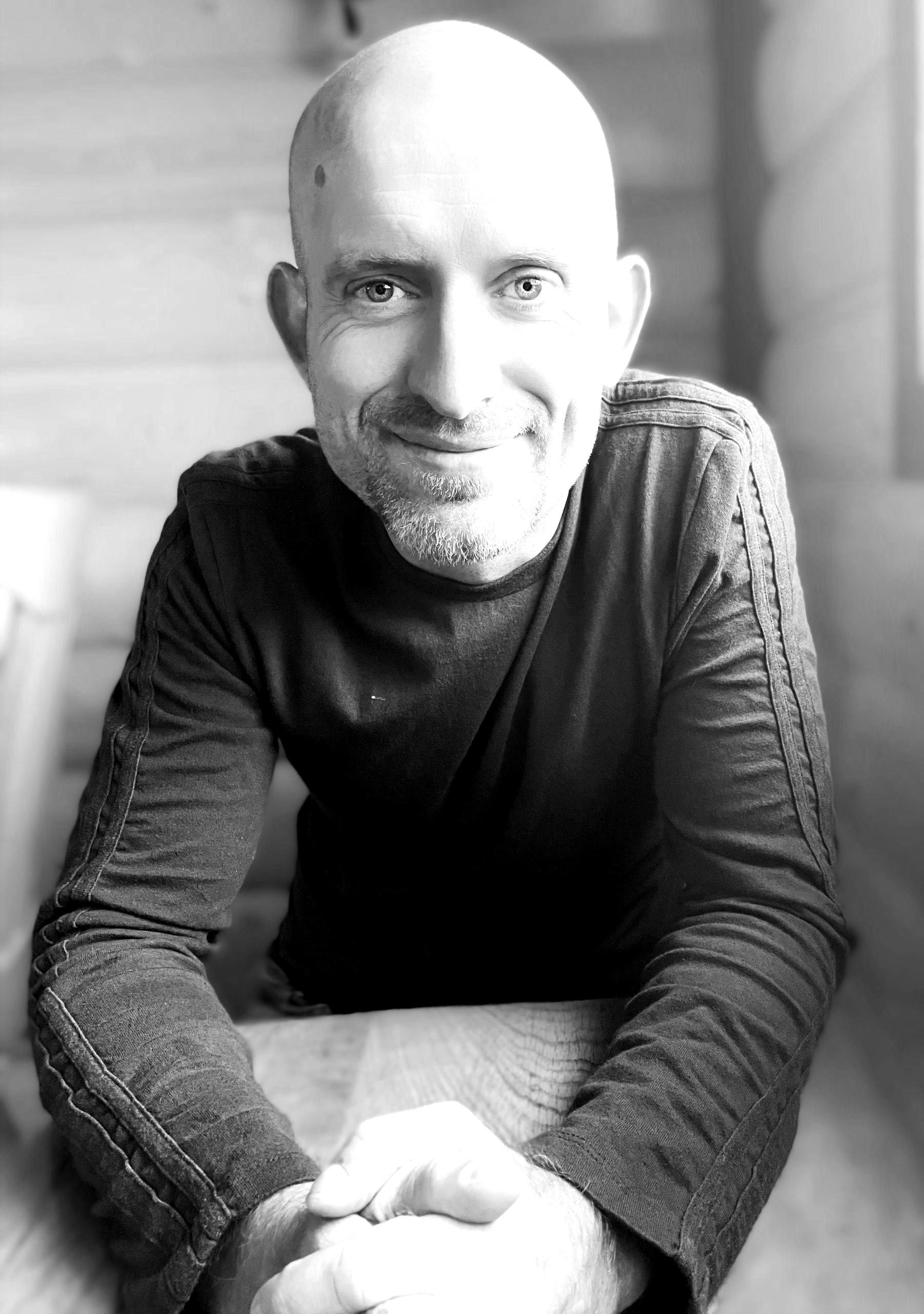
I study juries and the individual difference of the jurors that comprise them.
My journey has led me to the intersection of social psychology and law, where I explore how our beliefs are construed socially, evolve our world views, and define how we make decisions and interact with those around us in the judicial context.
My research focus surrounds juror decision-making, individual differences, group process, and the theoretical frameworks that connect these features of individualism and the concept of justice.
